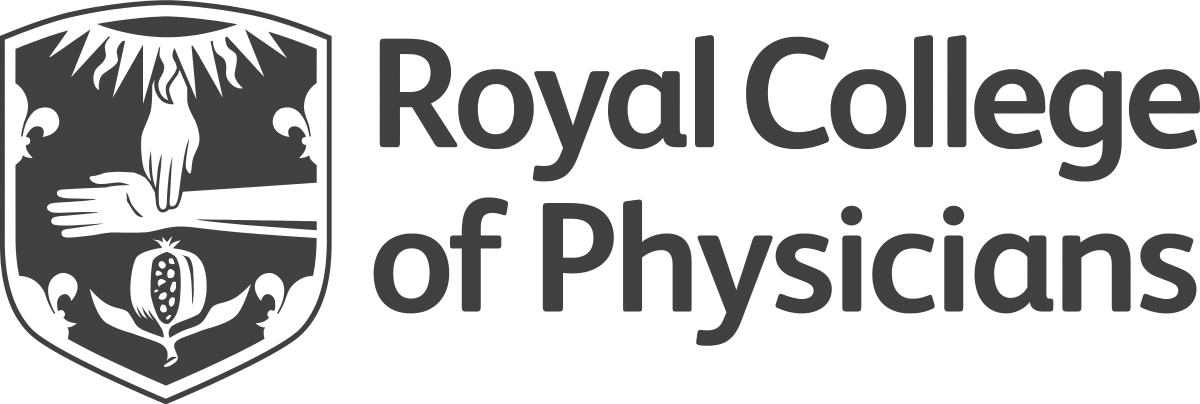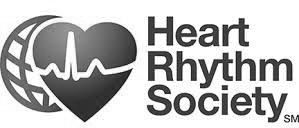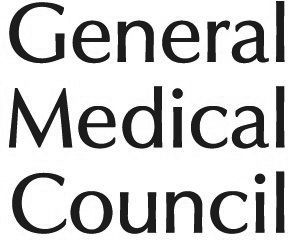Dr Nick Linton, Consultant Cardiologist
Dr Nick Linton
Consultant Cardiologist
Dr Nick Linton MEng MBBS MRCP PhD
Consultant Cardiologist
Make an appointment
Address
-
The Harley Street Clinic
35 Weymouth Street, London, W1G 8BJ
-
London Heart Practice
78 Harley Street, London, W1G 7HJ
About Dr Nick Linton
Dr Nick Linton is a highly esteemed consultant cardiologist, specialising in heart rhythm problems. He finds this field immensely rewarding and is dedicated to providing exceptional care to his patients. Dr Linton treats a wide range of conditions, including palpitations, chest pain, shortness of breath, and collapses. He is proficient in performing cardiac ablation procedures and pacemaker implantation.
Before embarking on his medical career, Dr Linton earned a master's degree in engineering, economics, and management from Oxford University. He then contributed to the development of new cardiac output monitoring technology. Dr Linton pursued his medical studies at King's College, London, where he graduated with distinction in 2002.
Dr Linton is a member of the Royal Colleges of Physicians (MRCP) and received his cardiology training at Imperial College Healthcare NHS Trust, including St Mary's and Hammersmith hospitals, as well as St Thomas' Hospital. He also completed a clinical fellowship in Bordeaux, a globally recognised centre for cardiac electrophysiology.
As an expert in clinical assessment, investigation, and invasive procedures for heart problems, Dr Linton leverages his engineering background in his medical research. He has a particular interest in ablation treatments using 3D mapping technologies and has co-developed a leading cardiac mapping system with colleagues at Imperial College.
Dr Linton has been serving as a consultant cardiologist since his appointment and continues to make significant contributions to the field of cardiology through both his clinical practice and research endeavours.
Areas of expertise
- 24 hour blood pressure monitor
- Arrhythmia (irregular heartbeat)
- Atrial fibrillation
- Bradycardia
- Calcium coronary score
- Cardiac MRI
- Cardiac pacing
- Cardiac re-synchronisation therapy
- Cardiomyopathy
- Cardio-pulmonary exercise testing
- Coronary artery disease
- Ct coronary angiogram
- ECG (electrocardiogram)
- ECG holter monitor
- Echocardiogram
- Exercise stress test
- General cardiology and arrhythmias
- Heart attack
- Heart murmurs
- High blood pressure
- Long qt syndrome
- Loss of consciousness (syncope)
- Low blood pressure
- Myocardial perfusion scan
- Pacemaker surgery
- Palpitations
- Supraventiruclar tachycardia (SVT)
- Tachycardia
- Transoesophageal echocardiogram
- Unstable angina
- Ventricular fibrillation
Professional memberships



Articles by Dr Nick Linton
Automated analysis and detection of abnormalities in transaxial anatomical cardiovascular magnetic resonance images: a proof of concept study with potential to optimize image acquisition
Response by handa et al to letter regarding article, “granger causality–based analysis for classification of fibrillation mechanisms and localization of rotational drivers”
Granger causality-based analysis for classification of fibrillation mechanisms and localization of rotational drivers
Targeting the ectopy-triggering ganglionated plexuses without pulmonary vein isolation prevents atrial fibrillation
Improving ultrasound video classification: an evaluation of novel deep learning methods in echocardiography
Electroanatomic characterization and ablation of scar-related isthmus sites supporting perimitral flutter
 Instant booking
Instant booking











